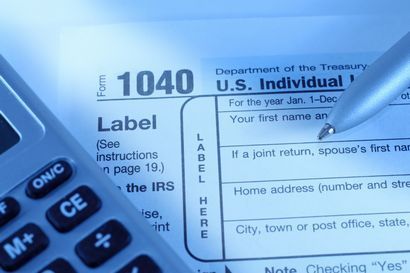Why car buyers with credit problems usually have a hard time qualifying for an auto loan if they receive all or part of their income in cash

Our experience
Car shoppers with less than perfect credit that get paid "under the table" often don't understand why this practice might prevent them from getting approved for high risk car loans.
At Auto Credit Express, though, we do know why this happens because we've spent the past twenty years helping credit-challenged car buyers find new car dealers for their best chances at approved auto loans.
So with that being said, here's the explanation:
Problems with income
One of the biggest reasons people with problem credit scores but with decent incomes end up at BHPH car dealers is because they either don't receive a W-2 from their employer or the W-2 they get doesn't show their total earnings.
In most cases these situations occur because either all or part of their income is paid to them "under the table" or "off the books" either in cash or with a check that doesn't reflect any deductions for payroll taxes.
Even non-employees (non W-2 independent contractors), however, should still receive a form 1099-MISC reflecting their total earnings or that portion of their pay not subject to employment taxes.
But even employees paid in cash or with a regular check, are still required to file a tax return and report their income. This income, minus expenses, should be reported on Schedule C of their 1040 income tax form.
This is especially important for those with low income. Here's why:
Income verification
While most traditional lenders don't require proof of income in order to qualify for a car loan this isn't the case for subprime auto lenders.
When requesting a car loan from one of these lenders, you'll be required to prove how much you earn. Not only that, but proving this income can only be done with a W-2 or, lacking this documentation, with professionally prepared tax returns (usually more than one year, since a certain level of income must be established). Without these documents, your income can't be proven to these lenders – even if you have deposit records from your bank.
High risk lending
Subprime auto lenders typically establish minimum income levels that borrowers are required to meet to qualify for their loan programs. They use W-2 income or, in the case of non-employees, the after tax income reported on tax returns, to compute debt-to-income ratios so that they can determine a logical range for the applicant's car budget.
This can affect people with cash income in a couple of ways:
1. Minimum monthly income requirements typically range from $1,500 to $1,800. Applicants earning at this level but with W-2 forms and/or tax returns that don't show it will not qualify for a loan.
2. If an applicant's reported income meets these requirements but the actual income is higher, there's always the chance that monthly expenses could be excessive. For example, if an applicant's actual monthly income is $3,500 and that person has monthly expenses of $1,800, the debt to income ratio would typically be no problem. But if that individual reports income of only $2,000 per month, the debt ratio then becomes too high and the loan will be denied.
The Bottom Line
If you have credit problems and all of part of your income is paid to you in cash or with a non-payroll check, you need to understand that failing to report all your income could result in a denial of credit for a car loan. In this situation, the only remaining option for most buyers is a tote the note car dealer.
One thing you should know if you're not facing this issue: Auto Credit Express matches applicants that have experienced car credit issues with dealers that can arrange for auto loan approvals.
So if you're ready to take the next step, you can start now by filling out our online auto loans application.
















